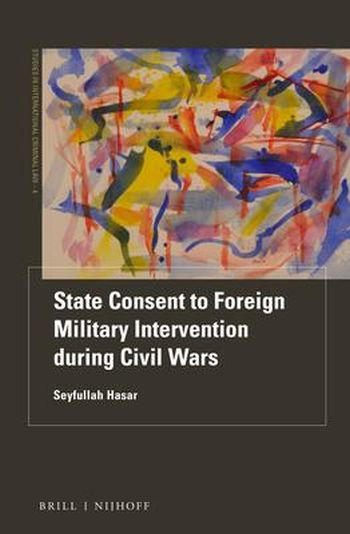
Examining the legality of foreign military intervention in internal conflicts with the consent of the government, this book gives and analyses a to-the-point account of post-Cold War State practice with more than 45 incidents of such interventions on a scale neglected in current scholarship. Owing to this account, it also manages to engage in peripheral aspects of the subject overlooked in the literature, such as the impact of an ineffective arms embargo on a consensual intervention, or the consequences of the invocation by an intervening State of both consent and its right to self-defence. The book also examines, among others, the issue of the legal legitimacy and recognition of governments, the rules that can considerably constrain the scope of consensual interventions under certain circumstances, and the challenging and under-addressed implications of consensual interventions for the crime of aggression.